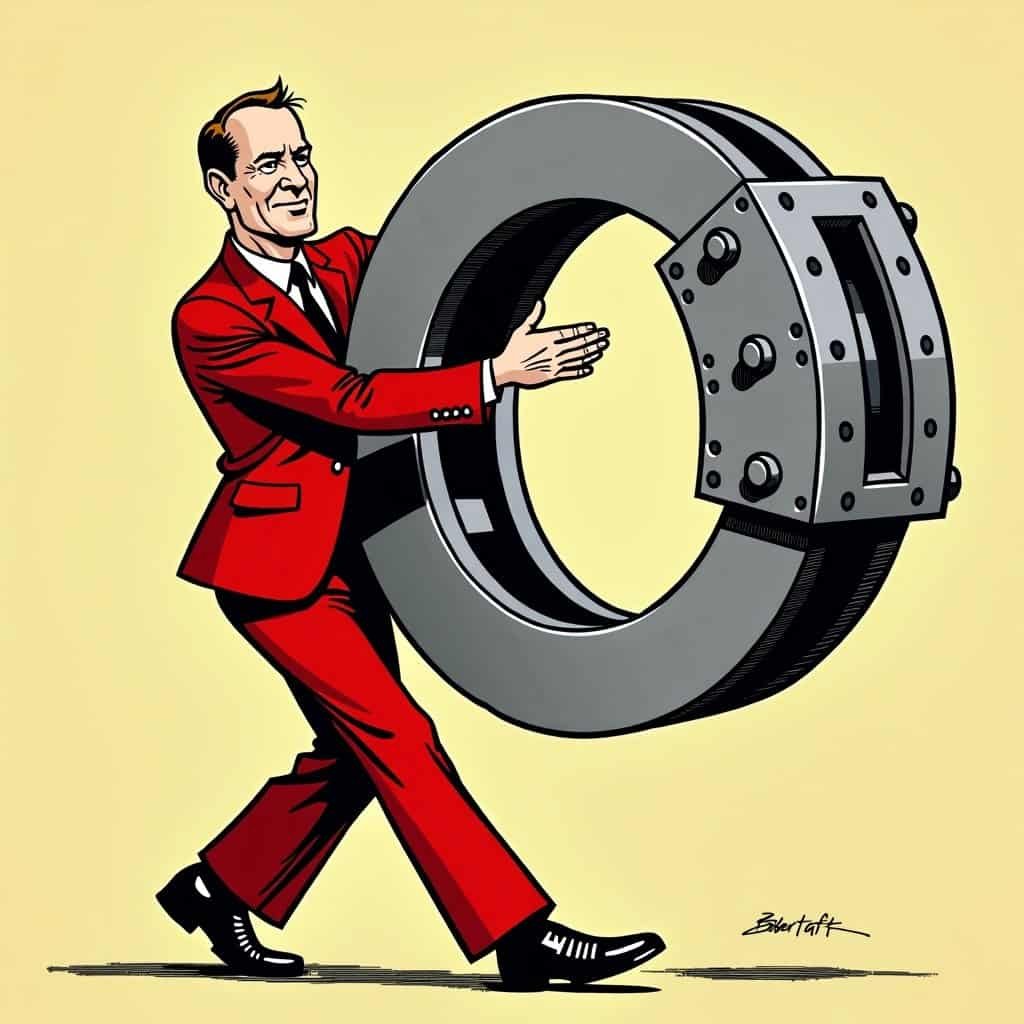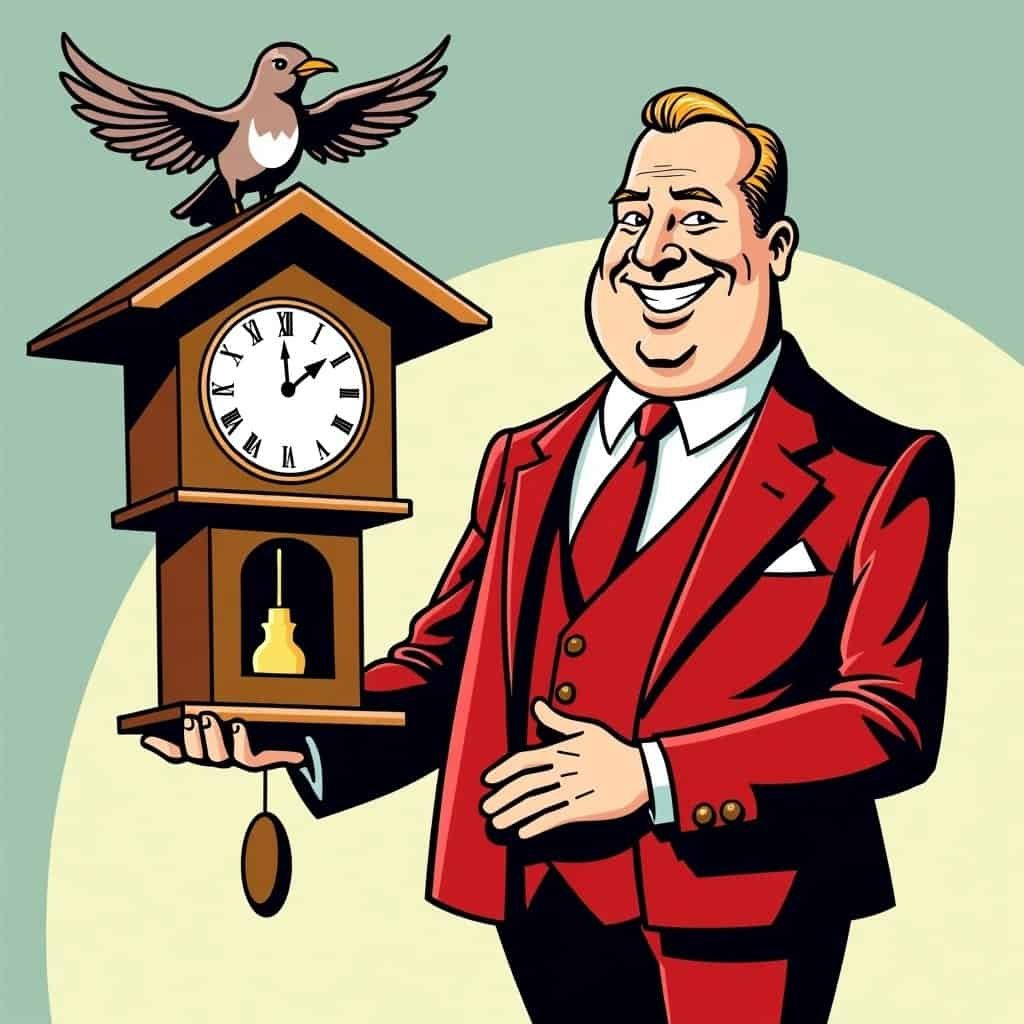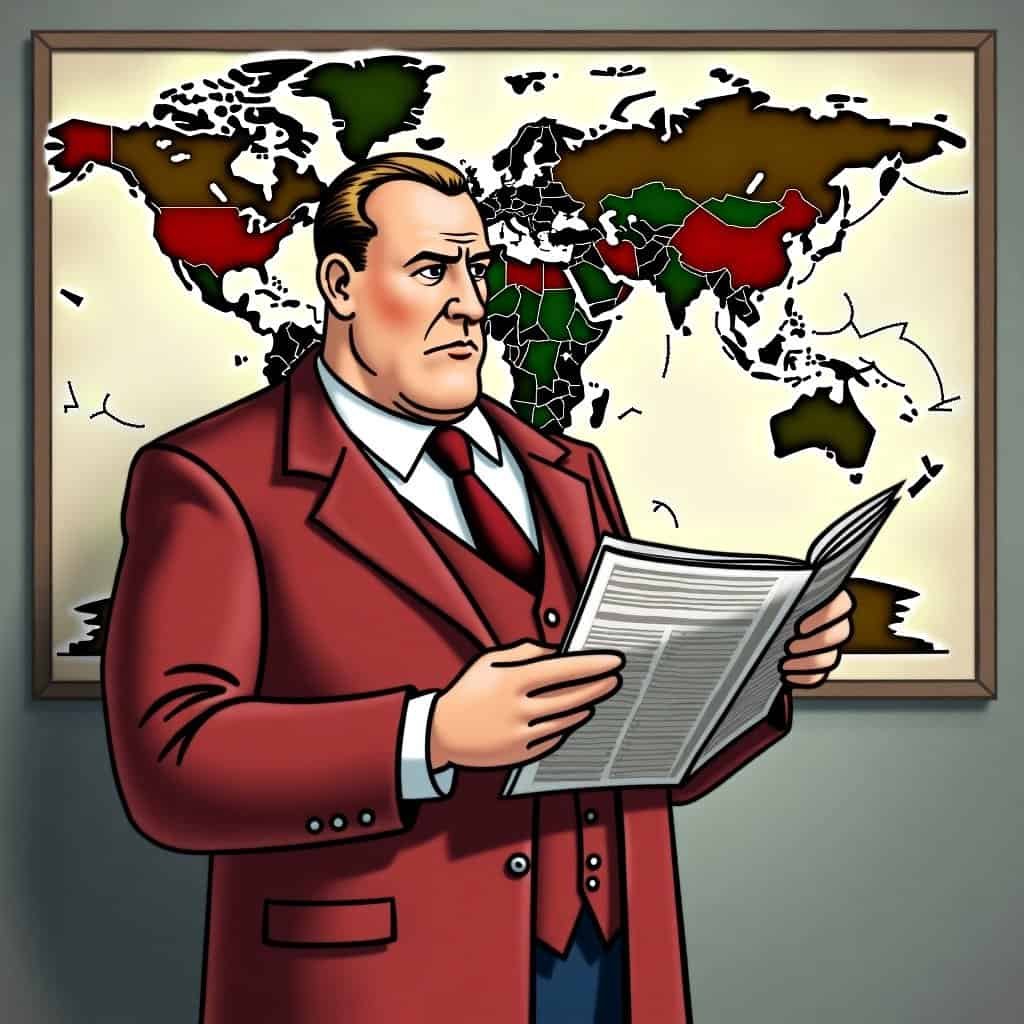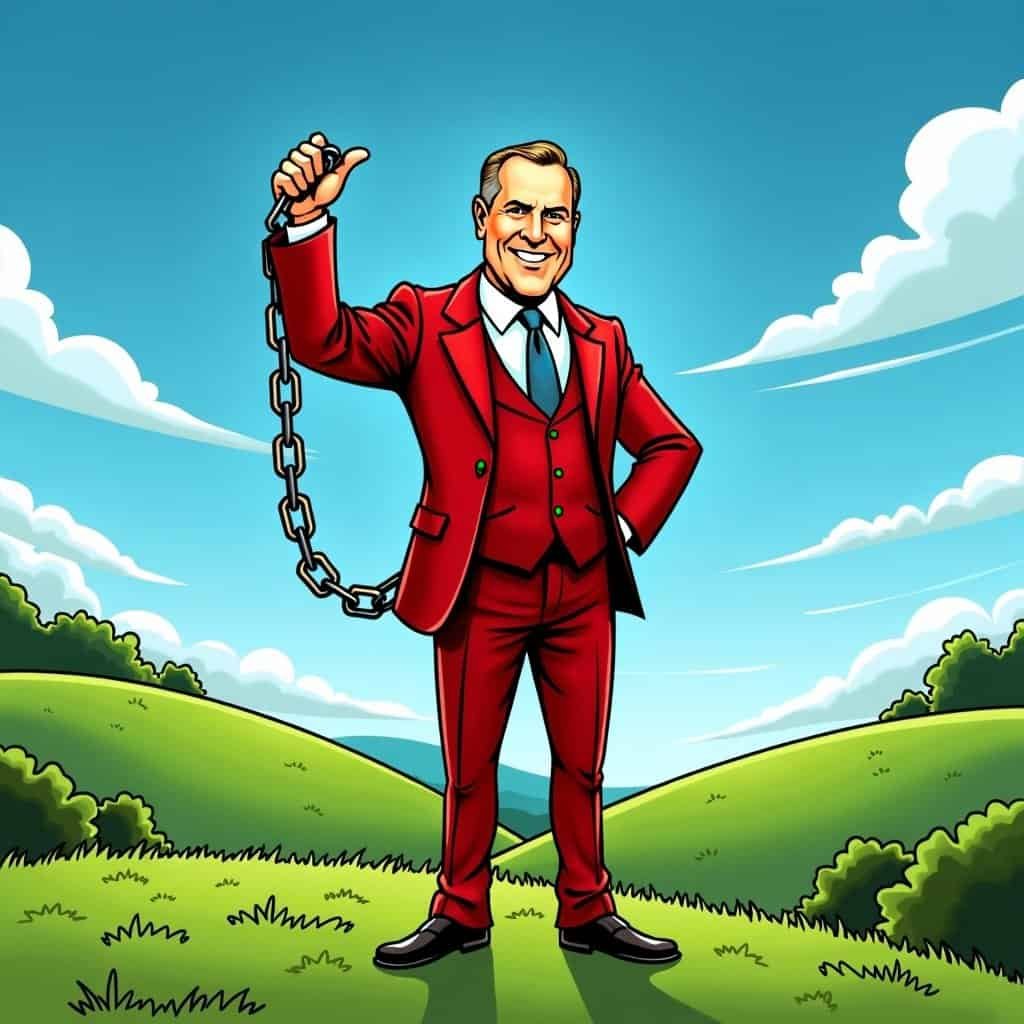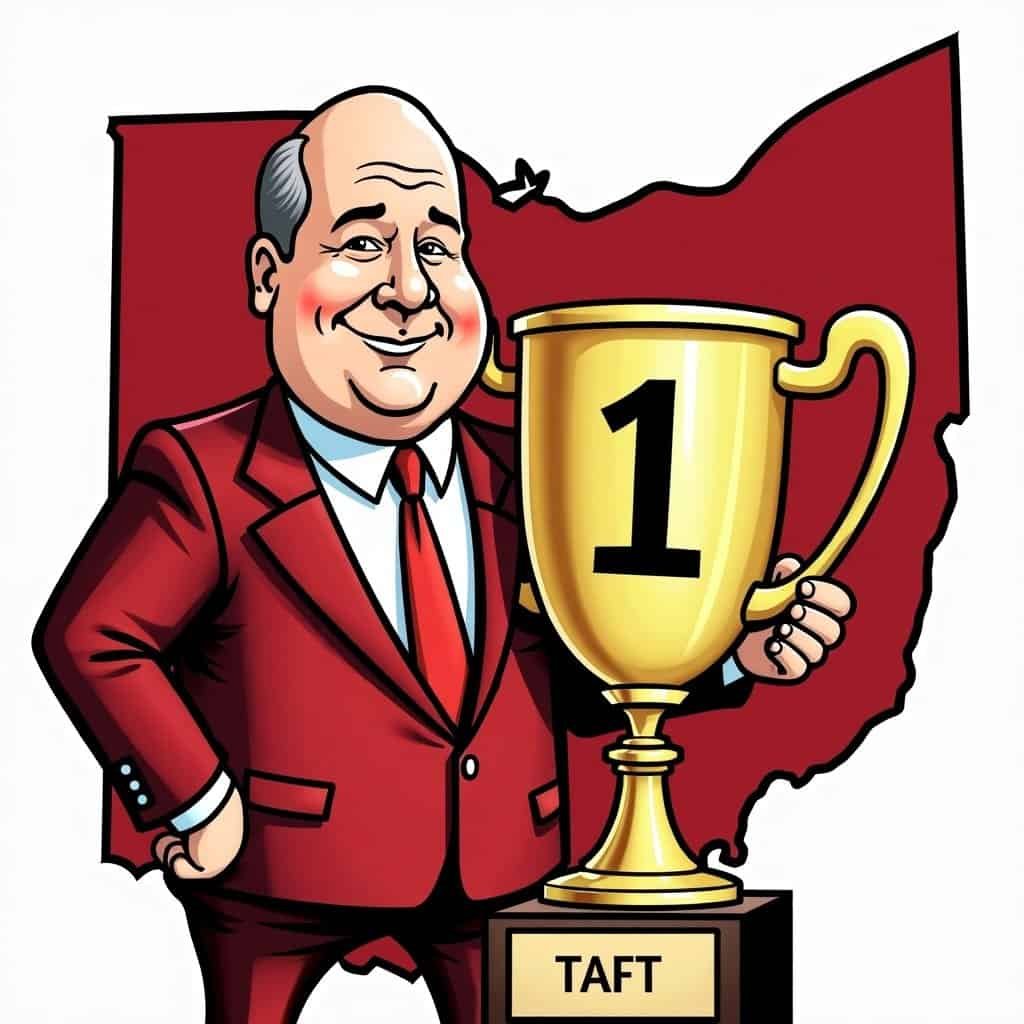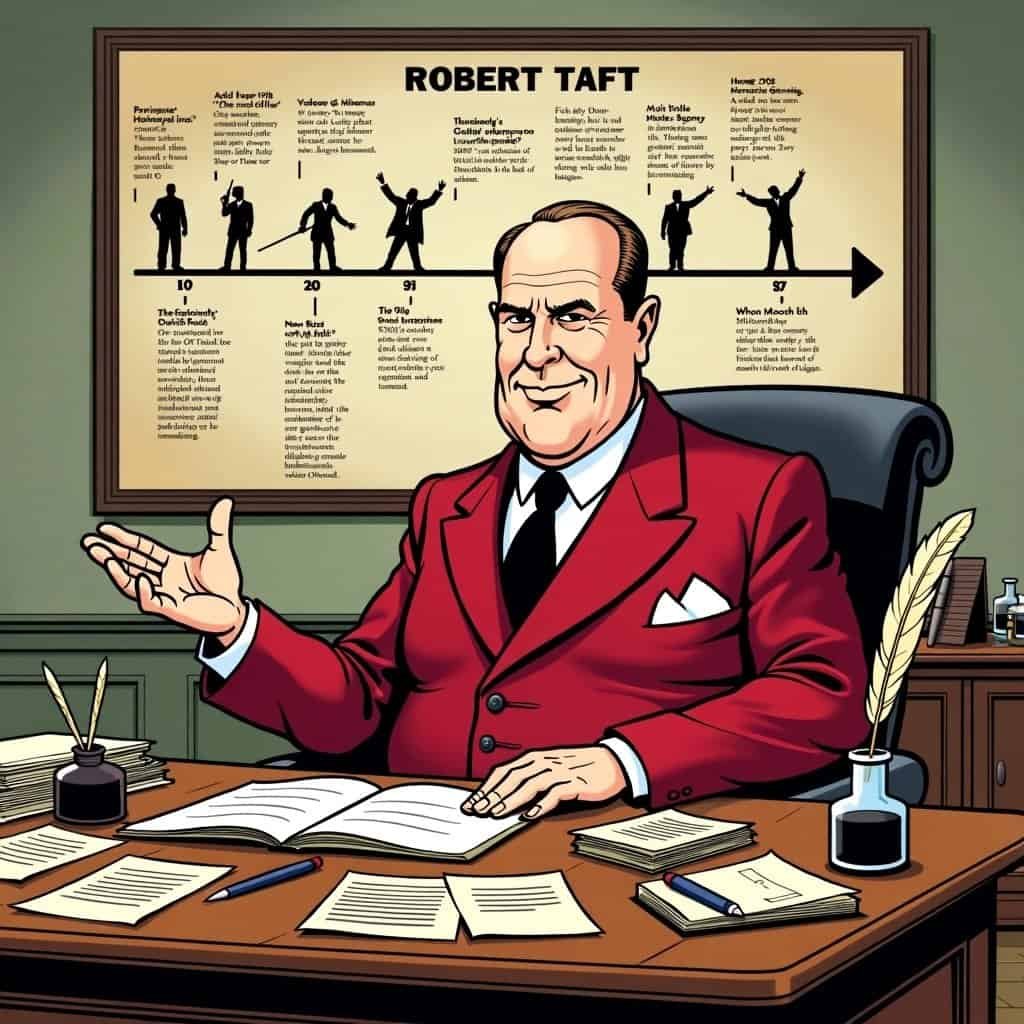Picture this: a politician who cared more about values than making noise. Sounds like fiction, right? Well, meet Robert Taft, the conservative darling who thought private charity trumped welfare. His ideas are as fresh today as they were back when dinosaurs roamed the Capitol.
Before you roll your eyes and mutter “Politics, schmolitics,” let’s chat about why Taft’s approach was so darn interesting. Imagine helping your neighbor without a government suit getting in the way. Doesn’t that sound as refreshing as a cold lemonade on a hot summer day?
Robert Taft, nicknamed “Mr. Republican” (no relation to Mr. Clean), believed the best government was one that minded its own business. Can you imagine a politician saying that now? “Less government?” you gasp, “That’s music to my ears!” Taft wasn’t about expanding Uncle Sam’s reach; he wanted to empower local do-gooders who were already out there making a difference.
Taft’s Vision: Community Over Bureaucracy
In Taft’s eyes, welfare programs were like quicksand – easy to fall into, hard to escape. Instead of trapping folks in a web of paperwork, he praised the dignity of private charity. He figured local organizations could roll up their sleeves and help their communities way better than a bunch of suits in Washington ever could.
Taft’s Approach vs. Modern Welfare
| Taft’s Ideal | Modern Welfare |
|---|---|
| Community-driven support | Government-managed programs |
| Personalized assistance | Standardized benefits |
| Promotes self-reliance | Risk of dependency |
| Flexible and adaptable | Rigid bureaucracy |
Now, some might say Taft was heartless, but die-hard conservatives would argue he was all heart. He wanted a society where people worked together at the local level, building not just aid networks but friendships too. Why lean on taxes when good ol’ American can-do spirit can tackle poverty head-on?
Taft’s Legacy in Modern Conservatism
For Republicans still waving Taft’s flag, his ideas are as beautiful as a bald eagle soaring over amber waves of grain. He believed governments should watch from the sidelines, not hog the ball. In our world where everyone’s glued to their phones but can’t remember how to have a real conversation, maybe Taft’s message of community power is more important than ever.
So, dear readers, as we look back on Taft’s ideas, remember they’re not just dusty old history. They’re built on rock-solid values that scream “yes” to personal responsibility, “yes” to neighbor helping neighbor, and – Taft’s favorite – “yes” to keeping the government’s nose out of our business.
Robert Taft may be long gone, but his principles are alive and kicking in conservative thinking today. Charity over welfare? Sounds a bit wacky in today’s political circus, but it’s a reminder that there’s something special when community spirit wins over red tape. Let’s raise a glass to that, shall we?

